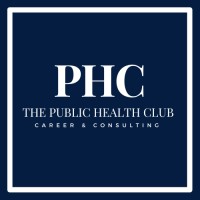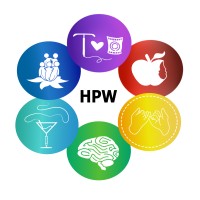
The Public Health Club
Join the Public Health Club and get instant access to: ✅ A weekly updated list of public health consulting opportunities from non-profits, private organizations, & more! ✅ Live workshops focused on public health career development & increasing your public health income! ✅ Weekly live Q&A with Dr. Des and other public health professionals! ✅Weekly guided public health discussion, with opportunities to connect with other public health professionals and mentors! ✅ Dedicated chat platform to ask questions and connect with other professionals! ✅Early access to public event registration






